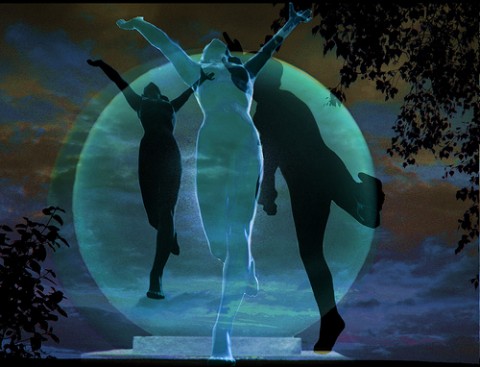Power and Love
July 21, 2010 4 Comments
photo by partie traumatic
“Power without love is reckless and abusive, and love without power is sentimental and anemic. Power at its best is love implementing the demands of justice, and justice at its best is power correcting everything that stands against love.” Dr. Martin Luther King, Jr.
This often quoted comment by Dr. King forms the foundation of Adam Kahane’s new book, Love and Power: A theory and practice of social change. Melinda Weekes and I attended a recent book talk by Adam, attracted to the topic because, at IISC we’ve been thinking through and practicing the connections among power, love, networks and collaboration for years now. Much of what Adam shared resonates with our thinking. The book builds on the thinking of theologian Paul Tillich. His definitions are worth taking a closer look:
- “Power: the drive of everything living to realize itself with increasing intensity and extensity.” The focus is on development, growth, and self-determination.
- “Love: the drive towards the unity of the separated.” The focus here implies an underlying unity that has been lost or broken.
Adam argues, and we agree, that joining love and power holds a key to powerful social transformation. And, he reminds us, as Dr. King did, of that both love and power have positive/generative dimensions, and negative/degenerative dimensions.
Where have you seen loveless exercises of power at in social change work? Where have you seen powerless expressions of love? And, most intriguingly, where have you see a powerful combination of power and love in their most positive, generative manifestations, help to change the world?
4 Comments
Love that MLK quote.
This is so timely, Cynthia. Having just completed a training with a large NGO where power was very much a topic of conversation, and where we emergently engaged love in the equation, I was struck once again by the thirst people have for connection and unity, whether that be through relationship or alignment or sense-making. It seems to me that we so often make assumptions in the social sector that love (“selfless service”) is what brings people to the work that perhaps it’s not even worth the conversation. Giving people a chance to connect through storytelling and offering up appreciations is always incredibly galvanizing. To me it’s the base from which we make our power moves, which are otherwise misguided.
True enough. And, I have to confess that while I know hte importance of guarding against loveless power, I’m more focused on guarding against love that ignores power. Truly it’s important to guard against all-two-both!
Very informative article, i am regular reader of your website.
I noticed that your blog is outranked by many other websites in google’s search results.
You deserve to be in top-10. I know what can help
you, search in google for:
Omond’s tips outsource the work